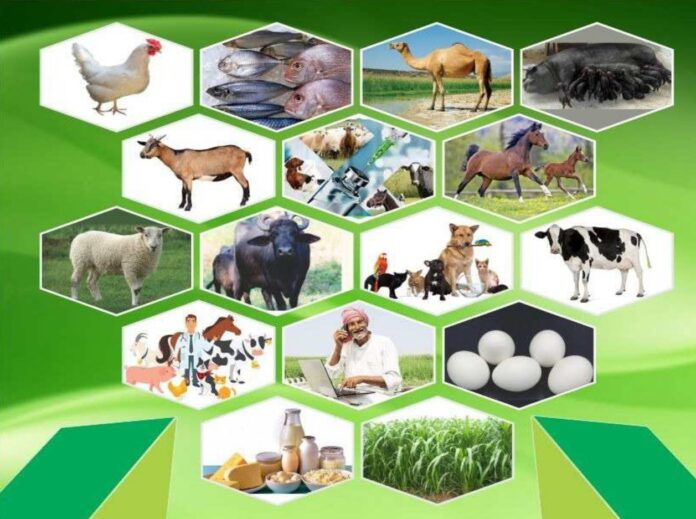Cold Waves in Tropical Countries: A Challenge to Livestock production system and their wellbeing
Dr. Neha Rajawat
(Ph.D. Research Scholar ICAR- NDRI Karnal)
Dr. Amit Bhadauria
(Breeder Manager, MPWPCL)
A cold wave in a tropical country, while seemingly unusual, can have significant consequences for the health and welfare of livestock. Recently Northen state of our country including Delhi, Haryana, Punjab have experienced severe cold wave temperature drop below 3°C which gave bone chilling cold experience. our animals, adapted to warm and humid climates, can often ill-equipped to handle sudden drops in temperature, leading to a range of issues:
- Hypothermia: This potentially fatal condition occurs when the body loses heat faster than it can produce it. Young animals, pregnant or lactating animals, and animals with inadequate shelter are particularly vulnerable.
- Respiratory problems: Cold weather can exacerbate existing respiratory conditions in livestock, making them more susceptible to pneumonia and other infections.
- Reduced productivity: Cold stress can significantly impact milk production in dairy cows, egg laying in hens, and weight gain in meat animals.
- Stress and suffering: Animals exposed to cold weather can experience physical and mental discomfort, leading to behavioural changes and reduced welfare.
The impacts of a cold wave on livestock can be further amplified by other factors, such as:
- Limited access to shelter: Many tropical regions lack adequate infrastructure to protect animals from extreme weather events especially rural areas where farmer are maintaining basic structure for animal housing.
- Poor nutrition: Malnourished animals are less resilient to cold stress and have weaker immune systems.
- Existing health problems: Animals with pre-existing health conditions are more susceptible to complications from cold weather.
These impacts are not only a concern for animal welfare but also for food security and livelihoods. Livestock are a vital source of income and nutrition for many communities in tropical countries. A cold wave can lead to decreased productivity, animal deaths, and economic losses for farmers and herders. The increasing frequency and intensity of extreme weather events, including cold waves, are a hallmark of climate change. While tropical countries may not experience the same extremes of cold as temperate regions, even relatively small drops in temperature can be dangerous for livestock adapted to warm climates.
Here are some steps that can be taken to mitigate the impact of cold waves on livestock in tropical countries:
- Investing in improved shelter: Providing animals with access to well-ventilated and insulated shelters can significantly reduce their exposure to cold weather.
- Improving animal nutrition: Ensuring that animals have access to adequate feed and clean water can help them maintain their body temperature and boost their immune system.
- Monitoring animal health: Regular monitoring of animal health can help identify problems early and provide timely treatment.
- Implementing adaptation strategies: Developing region-specific adaptation strategies that consider local climate patterns and livestock breeds can help communities prepare for future cold waves.
- Educating Farmers about climate change: Awareness is necessary for animal welfare and making possible changes to protect them against extreme events. Specially attention should be given to farmers who is raring backyard poultry for their upliftment.
Conclusion:
Addressing the issue of cold waves in tropical countries requires a multi-pronged approach that considers animal welfare, food security, and the challenges posed by climate change. By taking proactive measures, we can help ensure the well-being of livestock and the livelihoods of the communities that depend on them.
Keywords: Climate Change, wellbeing, cold wave, stress, Hypothermia, adaptation



